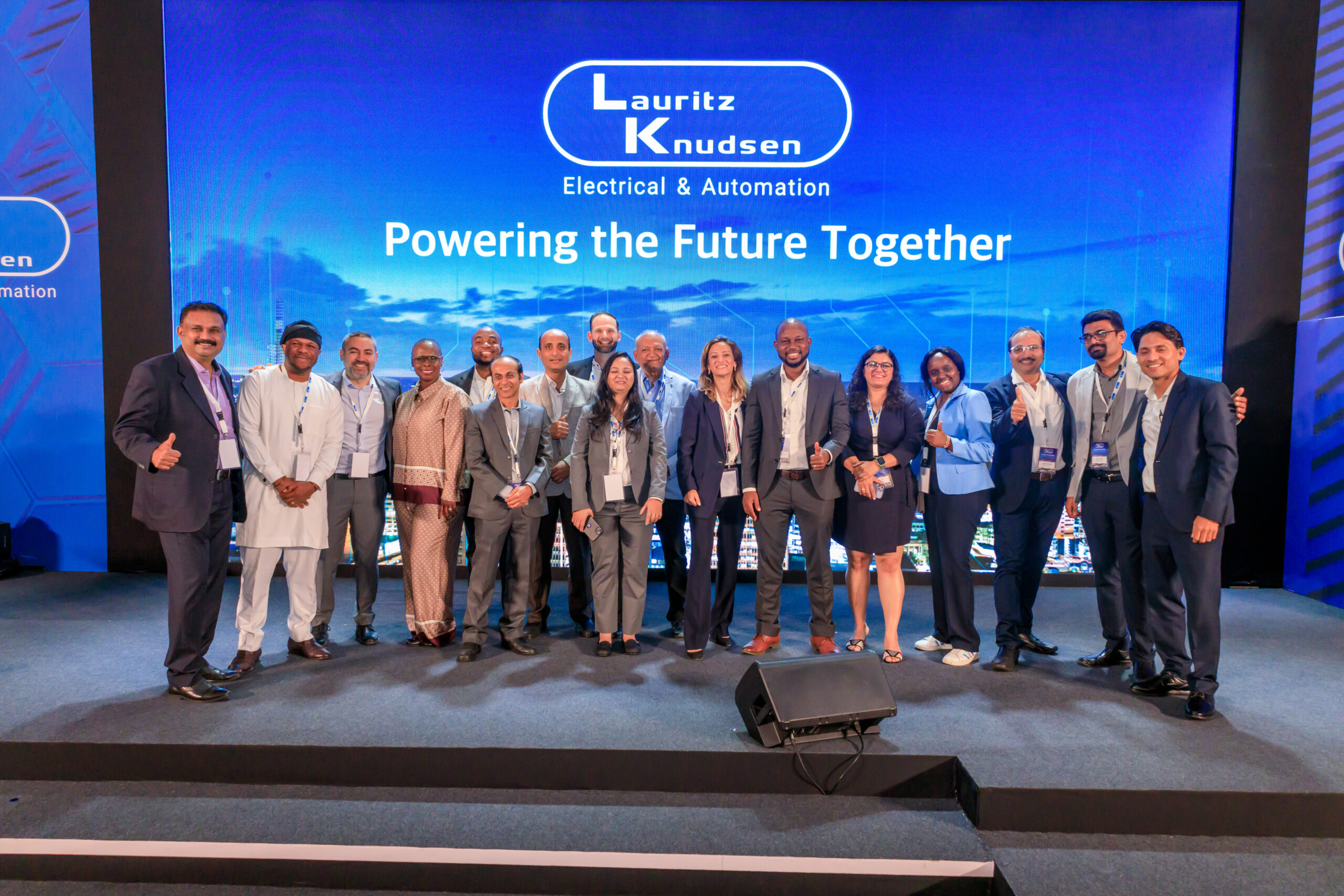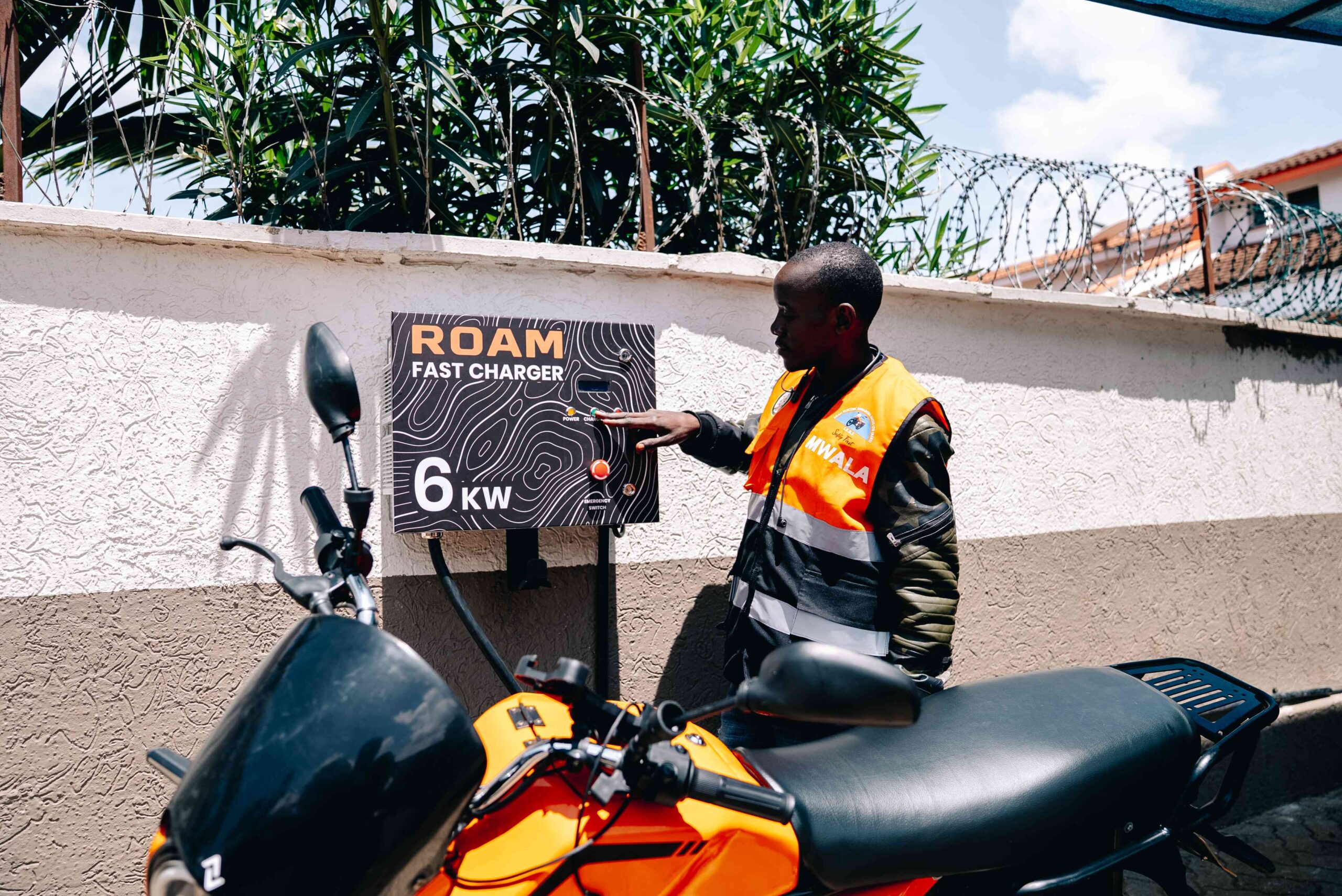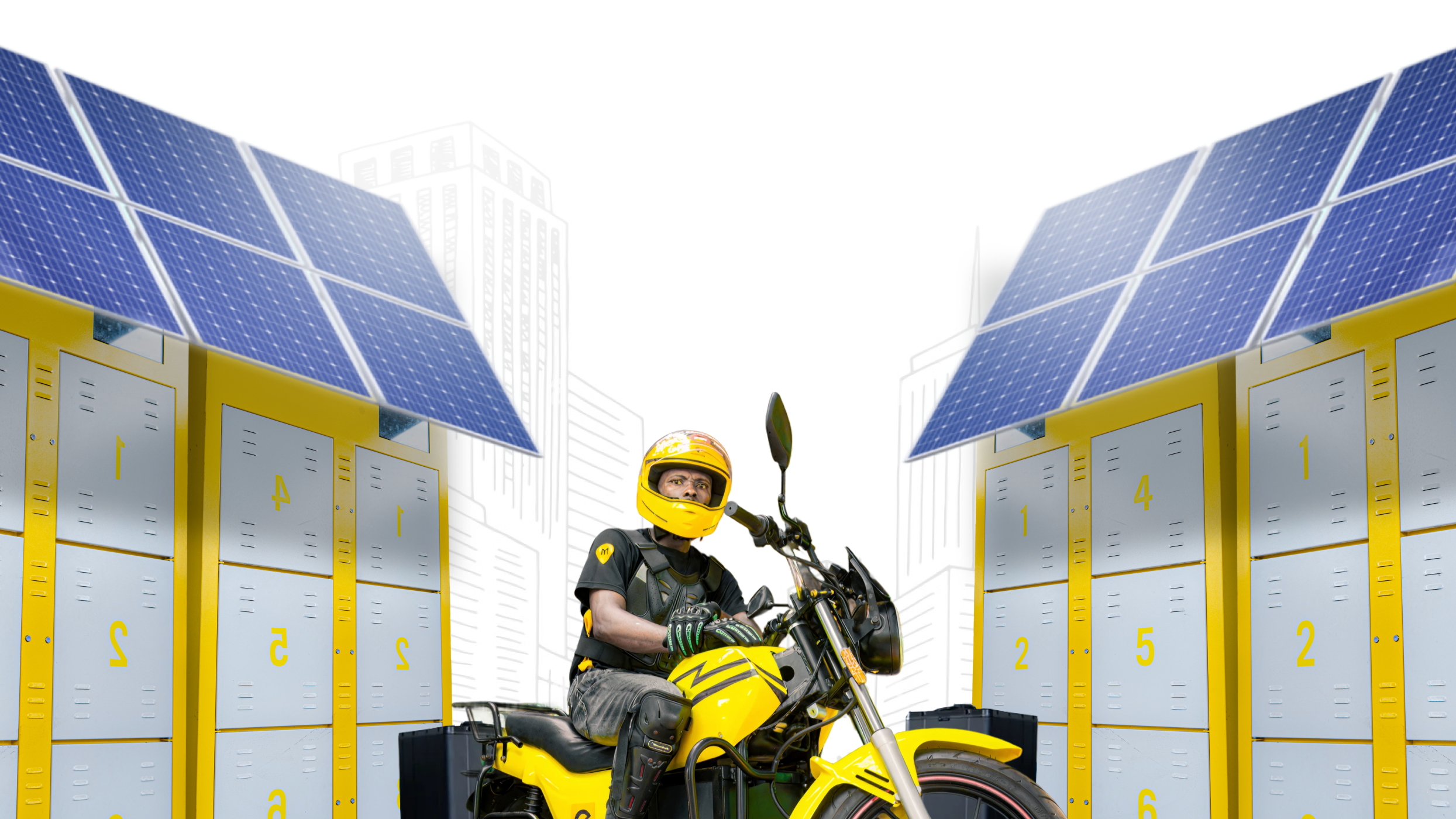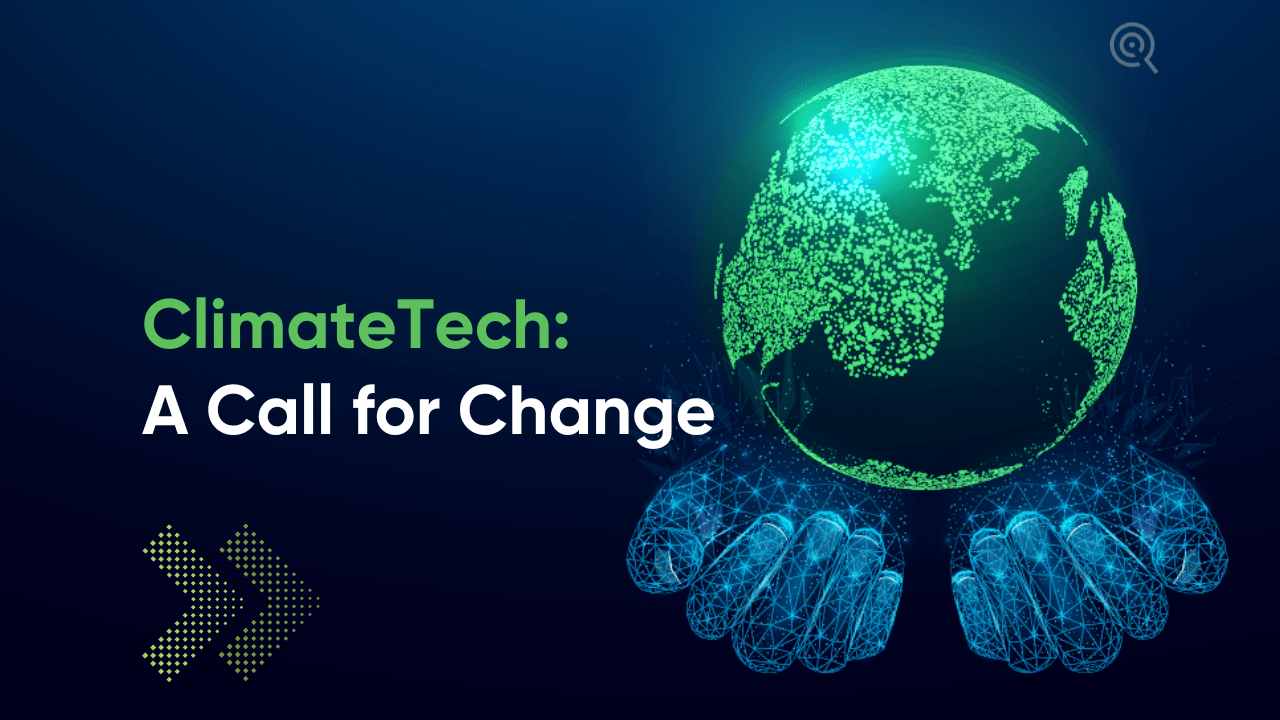From catfish ponds to maize fields, Yabatech is reimagining farming for the future. Thanks to a €117,000 EU Horizon Europe grant, the college is rolling out AQUACLEC, a sustainable aquaponics solution set to boost food security and clean energy adoption.
The Role of the €117K EU Grant
The €117,000 grant will fund the development and implementation of AQUACLEC, enabling Yabatech to:
- Build a scalable, solar-powered aquaponics system tailored for Nigeria’s climate.
- Establish a local innovation hub in Lagos to train farmers and promote sustainable agriculture.
- Promote community-based food resilience by creating a replicable model for Nigeria and West Africa.
Dr Doherty emphasises that AQUACLEC is not a one-off project but a scalable solution. With over 200 PhD-qualified lecturers at Yabatech, the institution is well-equipped to drive research, training, and policy engagement to expand this model.
What is AQUACLEC?
AQUACLEC, or Integrated Aquaponics System for Sustainable Catfish Production and Dual-Crop Cultivation of Leafy Vegetables and Corn, is a groundbreaking project led by Dr Funmilayo Doherty, Director of Yabatech’s Centre for Research Support and Grants Management.
The system combines aquaculture (fish farming) with hydroponics (soilless plant cultivation) in a closed-loop, solar-powered setup.
By leveraging fish waste to nourish crops and using plants to filter water for fish, AQUACLEC creates a sustainable, resource-efficient farming model.
This initiative, supported by technical expertise from the University of Lagos, University of Turku, and University of Lapland, aims to boost food production while minimising environmental impact. It’s a game-changer for Nigeria, where food security remains a pressing challenge.
READ ALSO:
What Ghana’s $100M AI Farming Hub Means for Youth Jobs & Food Security
Why Aquaponics Matters for Nigeria
Nigeria faces significant agricultural hurdles, including water scarcity, soil degradation, and climate change impacts.
Traditional farming methods often struggle to meet rising food demands, with 70% of Nigerians relying on agriculture for their livelihoods, yet food insecurity affects millions. Aquaponics offers a solution by:
- Maximising Resource Efficiency: Aquaponics uses 95–99% less water than traditional farming, which is critical in water-scarce regions.
- Increasing Crop Yields: It can produce up to ten times more crops in the same space compared to conventional methods, without chemical fertilisers or pesticides.
- Promoting Sustainability: Solar power reduces reliance on fossil fuels, lowering carbon footprints and enabling off-grid operation in rural areas.
AQUACLEC’s focus on catfish, leafy vegetables, and maize aligns with local dietary staples, ensuring cultural and economic relevance.
Bridging Education and Real-World Impact
Yabatech’s AQUACLEC project aligns with its mission to bridge the gap between technical education and real-world needs.
According to Adekunle Adams, Yabatech’s spokesman, the initiative reflects the college’s commitment to innovation and social impact.
It follows another recent success under the National Youth Employment Skills Acquisition Framework (NYESAF), where Yabatech trained 200 young Nigerians in digital and creative media skills, further showcasing its role as a hub for national development.
By integrating solar power and automation, AQUACLEC also demonstrates how technology can empower Nigerian youth to compete globally while addressing local challenges like unemployment and food insecurity.
The Bigger Picture: Sustainability and Scalability
AQUACLEC’s solar-powered design makes it ideal for Nigeria’s rural and peri-urban areas, where access to electricity is limited.
The system’s scalability means it can be adapted for small-scale farms or larger commercial operations.
This flexibility is crucial for West Africa, where similar projects, like the PrAEctiCe initiative in East Africa, have shown success in promoting climate-smart agriculture.
Moreover, aquaponics aligns with global sustainability goals. By reducing water and energy use and eliminating chemical inputs, AQUACLEC supports the United Nations’ Sustainable Development Goals, particularly those related to zero hunger, clean energy, and climate action.
READ ALSO:
Agri-SMEs Take Centre Stage with SEFAA $10M Funding
Looking Ahead
AQUACLEC is a message of hope for sustainable farming in Nigeria. By harnessing solar power and aquaponics, Yabatech is not only addressing food security but also paving the way for a greener, more resilient future.
As the project rolls out, it will empower farmers, create jobs, and inspire a new generation of innovators.
Stay tuned for updates on AQUACLEC’s progress and its impact on Nigeria’s food systems. For more insights into sustainable agriculture and innovation, follow our blog!
Ronnie Paul is a seasoned writer and analyst with a prolific portfolio of over 1,000 published articles, specialising in fintech, cryptocurrency, and digital finance at Africa Digest News.






